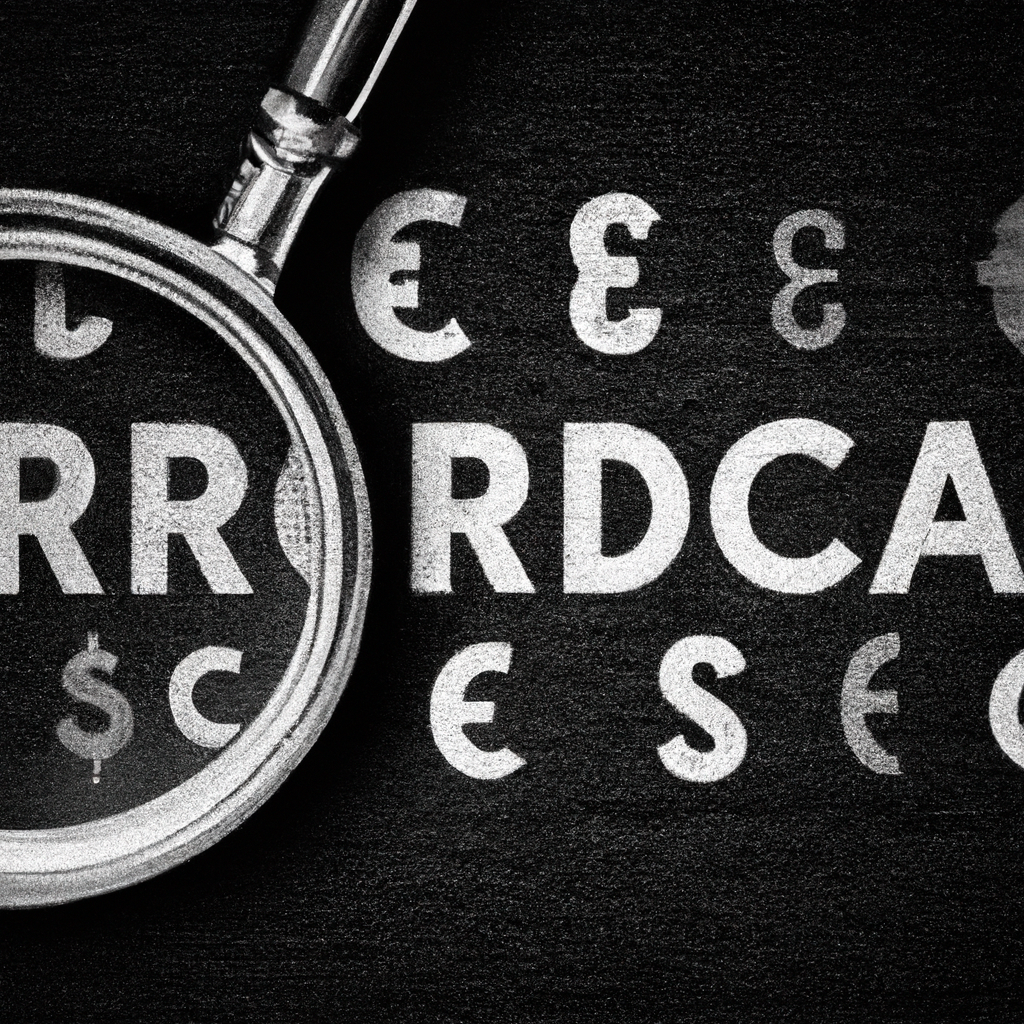Mastering Budgeting: Control Your Finances and Achieve Your Goals
Managing personal finances is crucial for ensuring stability and achieving financial goals. Many people struggle with this aspect due to lack of knowledge, discipline, or organization. In this article, we will uncover the secrets of budgeting and provide practical tips to help you control your finances and achieve your goals.
1. Understanding the Importance of Financial Budgeting
Financial budgeting is an essential tool for personal finance management. It involves a detailed plan of income and expenses, allowing you to see where your money is going and identify opportunities for savings and investment. With a well-structured budget, you can avoid debts, build financial reserves, and achieve short, medium, and long-term goals.
2. Steps to Create an Efficient Budget
To create an efficient budget, it’s important to follow some simple steps:
- Note all your monthly income, including salaries, investment returns, among others.
- List all fixed expenses, such as rent, water, electricity, phone, internet, food, transportation, among others.
- Also record variable expenses, like leisure, non-essential purchases, among others.
- Compare your income and expenses, identifying possible cuts and adjustments to balance the budget.
3. Tools to Assist in Financial Control
Nowadays, there are various tools and apps available to assist in financial control, such as spreadsheets, expense management apps, and investment control platforms. These tools facilitate the recording and analysis of finances, making the process more practical and efficient.
4. Setting Realistic Financial Goals
To achieve your financial goals, it’s essential to set realistic and measurable targets. Whether it’s buying a car, taking a trip, paying off debts, or achieving financial independence, setting clear goals helps maintain the focus and discipline needed to reach them.
5. Controlling Expenses and Avoiding Debt
Controlling expenses is crucial for maintaining healthy finances and avoiding unnecessary debt. It’s important to distinguish between essential and non-essential expenses, prioritizing basic bill payments and avoiding impulsive purchases. Furthermore, it’s crucial to avoid excessive debt, seeking alternatives like debt renegotiation and financial planning to get out of the red.
6. Investing in the Future: Long-Term Financial Planning
Besides controlling finances in the short term, it’s important to think about long-term financial planning. This includes building an emergency fund, making investments to grow wealth, and preparing for retirement. With solid planning, you can ensure financial security in the future and achieve the much-desired financial independence.
Conclusion
Controlling finances and achieving financial goals requires discipline, organization, and planning. By uncovering the secrets of budgeting and adopting healthy financial management practices, you can achieve stability and realize your dreams. Remember that the path to financial success is built with small daily actions and healthy habits. With determination and focus, you can transform your financial life and achieve the much-desired prosperity.
